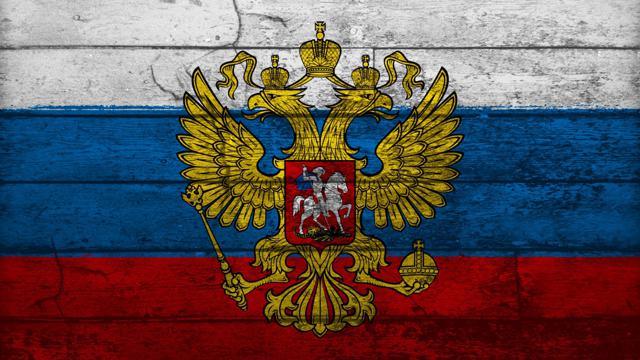Putin’s Opponents
In early 2003, Mikhail Khodorkovsky confronted Vladimir Putin over Russia’s state corruption. Following his break with the Kremlin, Khodorkovsky’s relationship with Putin declined precipitously. It was clear that Khodorkovsky was a threat to Putin as one of the few Russians with the means and courage to stand up to the government.

Just three months after Khodorkovsky’s most vocal criticisms, he visited Colorado for a short trip. One evening before dinner, we stood around the kitchen, shortstopping the caterers who were trying to take hors d’oeuvres out to other guests. He was rich, liquid, and had his plane sitting at the nearby Eagle County Regional Airport. “If you like it here, you should stay,” a friend suggested. He looked utterly at peace with himself, but for a moment, the levity of the evening left the room. He knew exactly what was meant. “No. I am Russian”.
Khodorkovsky returned home, knowing what faced him. Ten days later, his friend and business partner Platon Lebedev was dragged away by Putin’s goons, arrested on trumped up charges, and subjected to show trials and a lengthy sentence as a political prisoner. Khodorkovsky again refused exile and was arrested three months later. Similar fates awaited Putin’s remaining rivals for influence in Russia.
Will Putin Survive?
One might expect such oppression would lead to effective political opposition. However, despite multiple pressures, he will probably survive in office for the foreseeable future.

While Putin’s rule may be cruel, unjust, and arbitrary, it is also popular and stable.

The blue line represents his approval rating and the red line represents disapproval. While recent events in the Ukraine have further alienated many in the west, the Russians appear to love Putin’s swagger. They accept the perspective of a state-run media that often appears absurd to westerners. The collapsing Rouble and oil prices are problems for Putin, but no effective political opposition has coalesced to take advantage of these weaknesses.

